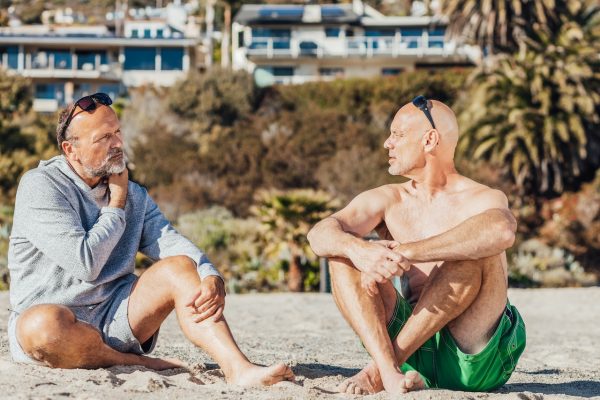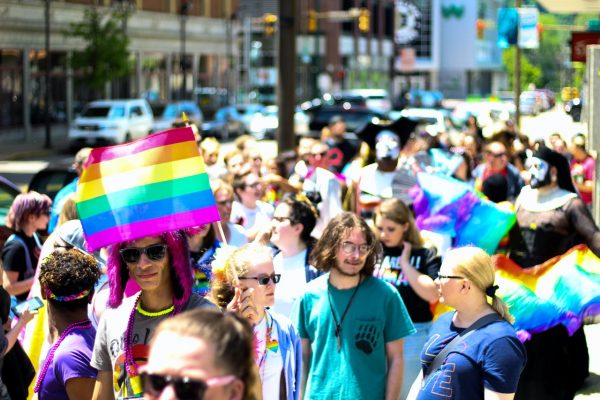We have all gone through a phase of questioning our own sexuality. Growing up, we are bombarded with certain gender expectations, practically starting at conception. This learned behavior determines our gender roles. We may feel different from our gender in some way–whether it’s our own body, our feelings, or our behavior.
We have all questioned our sexuality at some point in our youth.
The Q is not simply Questioning. It’s questioning our gender, sexual identity, and sexual orientation. Without that fundamental identity, our lives would pass us by without questioning the crucial elements of our human identity. For some individuals, it is a straight answer. Pardon the pun. For others, it’s an internal struggle to understand oneself and to continuing questioning. Others, unfortunately, don’t have the option to even pursue this quest. They are brought up in a certain way and are expected to behave as such.
The American Psychological Association states:
Adolescence can be a period of experimentation, and many youths may question their sexual feelings. Becoming aware of sexual feelings is a normal developmental task of adolescence. Sometimes adolescents have same-sex feelings or experiences that cause confusion about their sexual orientation. This confusion appears to decline over time, with different outcomes for different individuals.
Gender identity is crucial in a person’s behavior. It is what identifies us and establishes our very being to the general population. This is how, oftentimes detrimental, social norms are determined when it comes to gender roles. There are developmental phases a child goes through; with each phase, a child identifies with one of the family member’s gender role, or gender behavior, or even sexuality.
According to the International Journal of Choice Theory & Reality Therapy:
The ways in which humans behave are based on five basic needs: survival, love, and belonging, power, freedom, and enjoyment. An individual will shift their behaviors in order to satisfy these needs. In the case of questioning youth, some or all of these needs are not met. When one or more of these needs are not fulfilled, their behaviors may become aggravated, confused or discouraged in trying to satisfy the need to either survive, feel loved or that they belong, achieve freedom, gain power or feel a sense of enjoyment.
These behaviors are commonly integrated into psychology as Maslow’s Hierarchy of Needs, and in recent years its directive has been expanded to explore gender and sexuality. Just because a youth is questioning does not mean s/he’s indecisive or rebelling. You are merely looking at all aspects of the world and trying to figure out where s/he fits in. Keep in mind that if a child identifies with a certain non-normative gender or a gender role, it may be hazardous to her/his health. It all depends on the environments, such as family dynamics, support within their immediate surroundings, religion, and acceptance.
Share with us your definition or if you have a different meaning. We want to know what you think.






